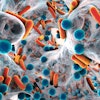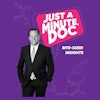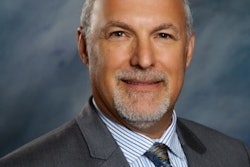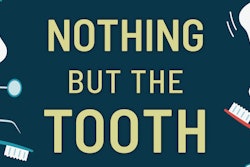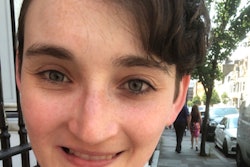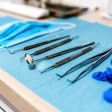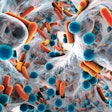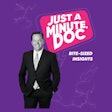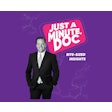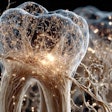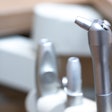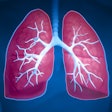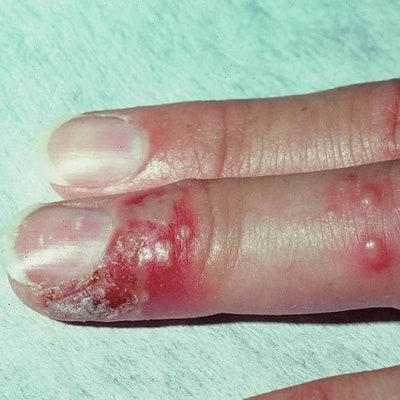
A few months ago, I visited my daughter in Northern California. As mothers do, I took a silent inventory of my daughter. Was she eating enough? Did she look happy? Then I noticed her hands. What was going on with her fingers?
 Dr. Teresa Yang.
Dr. Teresa Yang."Let me see your hands," I said. All 10 fingers exhibited a diffuse redness and slight swelling. My daughter admitted they itched. My mind shot to SARS-CoV-2 infection. "I think you have COVID fingers."
Based on my analysis, she immediately took a COVID rapid test, but it was negative. My working diagnosis proved incorrect. I wondered if she had some kind of allergic contact dermatitis, possibly from dishwashing gloves. Or perhaps it was from something in the backyard soil while she was gardening.
Not once did I consider that my daughter's finger condition was caused by a different virus, one we are familiar with as oral health professionals. But a trip to urgent care confirmed the diagnosis: herpetic whitlow.
 A finger with herpetic whitlow. All images courtesy of Dr. Teresa Yang.
A finger with herpetic whitlow. All images courtesy of Dr. Teresa Yang.As dentists, we've learned about herpetic whitlow. I always thought of it as a disease primarily affecting hygienists because, invariably, the condition would be depicted by an ugly lesion on the finger-rest digit of some unfortunate hygienist. I hadn't considered that herpetic whitlow could affect all 10 fingers.
Caused by the herpes simplex virus, herpetic whitlow can affect anyone. And it's very transmissible and infectious. You can contract herpetic whitlow by simply touching a cold sore of another infected person, which is likely how she contracted her case. The symptoms may include pain, itchiness, swelling, blister formation, skin discoloration, even fever and lymph node involvement.
Active lesions should be covered, and hand hygiene is critical. The condition will also recur over a person's lifetime, but the symptoms can be managed with antiviral medications such as acyclovir.
 During SARS-CoV-2 infection, "COVID fingers" can occur, which is characterized by purplish discoloration and swelling.
During SARS-CoV-2 infection, "COVID fingers" can occur, which is characterized by purplish discoloration and swelling.Although I was a bit embarrassed not to have included herpetic whitlow in the differential diagnosis, I was reminded of an important lesson: Even though A led to B in your last three cases, it doesn't mean that A will always lead to B. It's important to keep an open mind and not jump to conclusions.
In today's insurance-driven world, Dr. Teresa Yang started two successful practices from scratch. In addition to writing about dental topics, she is the editor of WestViews, a publication of the Western Los Angeles Dental Society. Yang has also written general interest articles that have been published in various literary journals. She can be reached at [email protected].
The comments and observations expressed herein do not necessarily reflect the opinions of DrBicuspid.com, nor should they be construed as an endorsement or admonishment of any particular idea, vendor, or organization.


